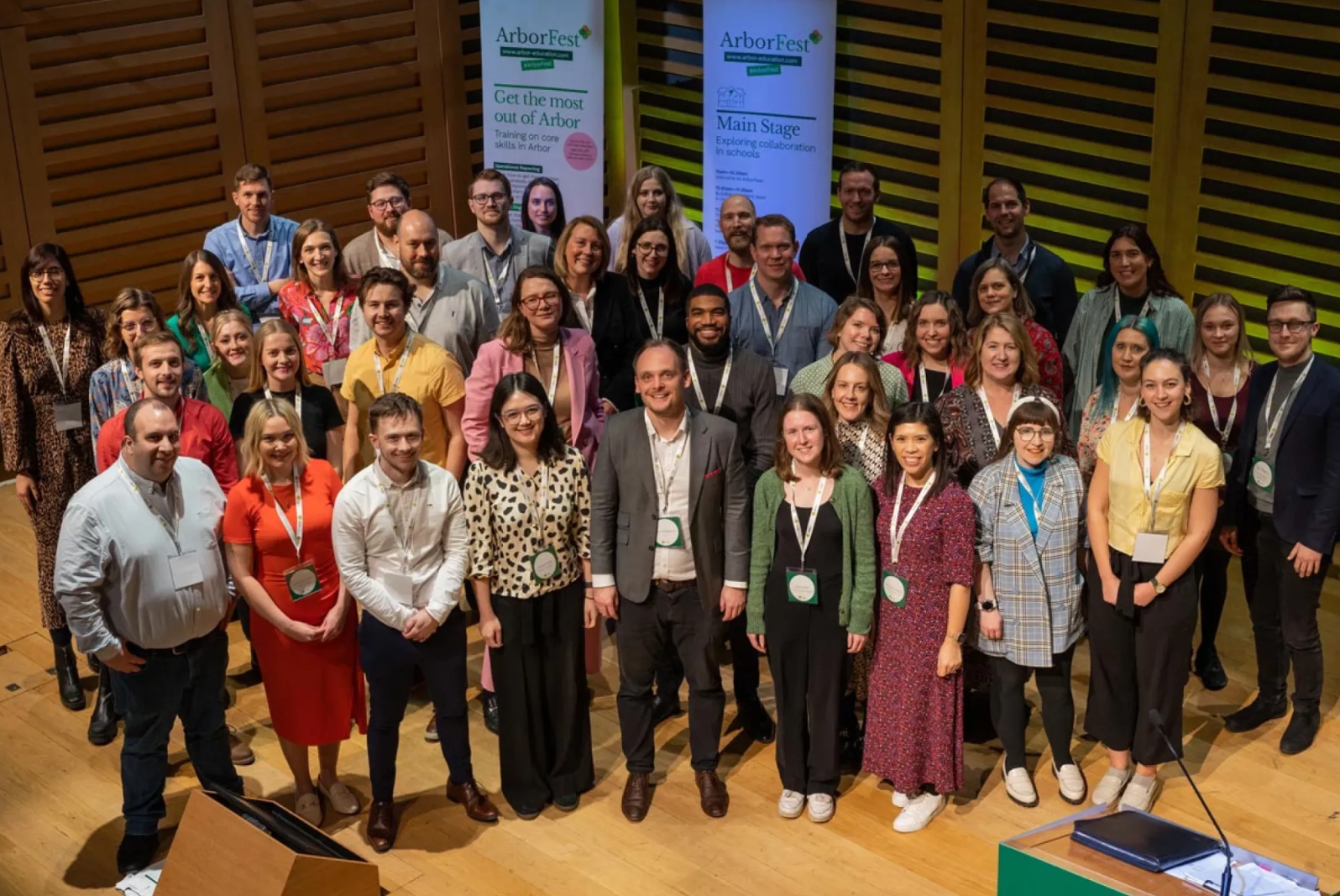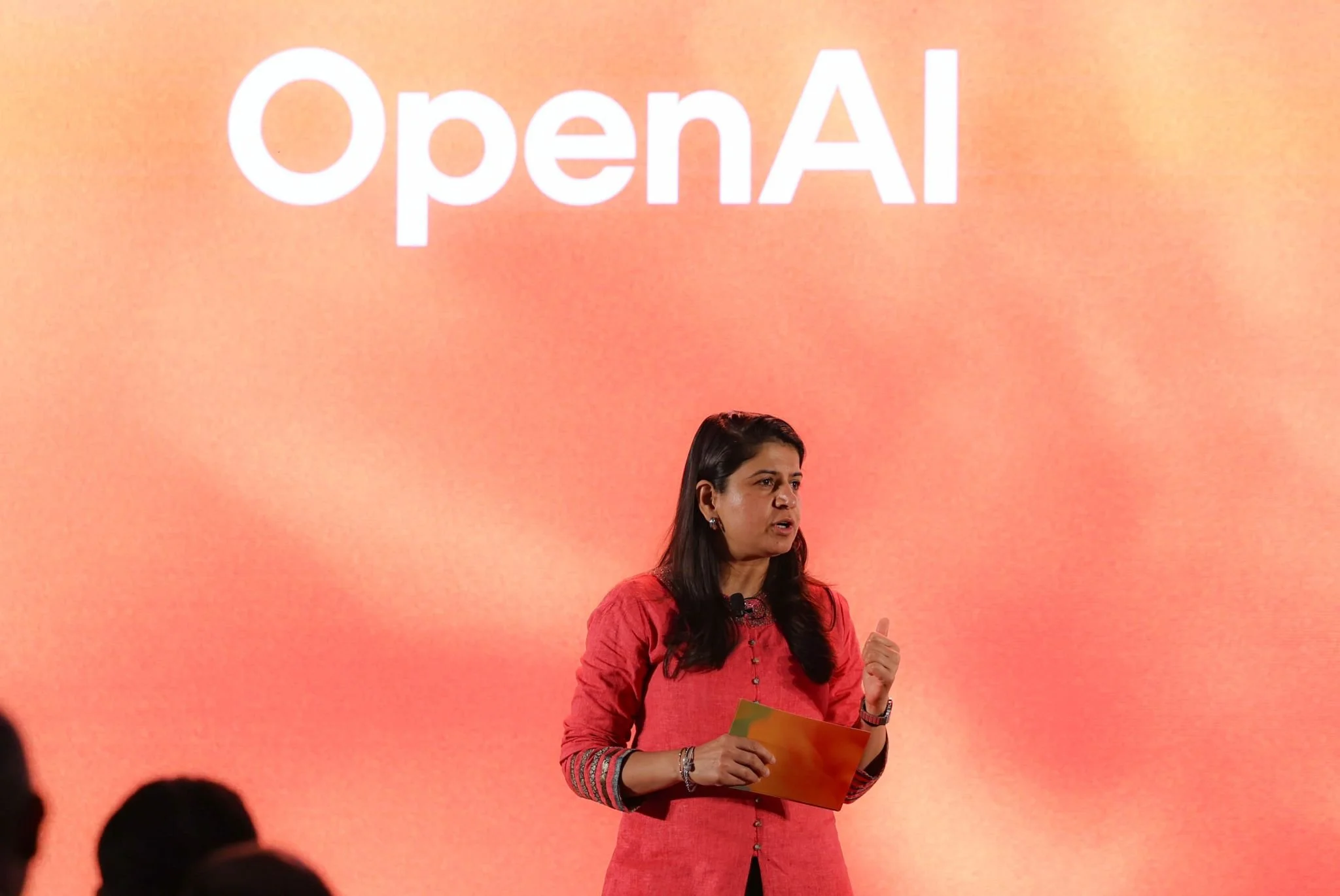Oxford University and Fortescue to lead battery research for heavy industry under £97 million Prosperity Partnership
EPSRC funds industrial battery collaboration between Oxford University and Fortescue Zero to support decarbonization of sectors like mining, transport, and construction.
The University of Oxford will lead a new research project with Fortescue Zero to develop safer, more efficient, and longer-lasting batteries for heavy industry.
The initiative is part of the UK’s latest round of Prosperity Partnerships, announced by the Engineering and Physical Sciences Research Council (EPSRC).
The EPSRC is investing £41 million into 23 new university-business partnerships, with an additional £56 million provided by industry and academia. The Energy storage for decarbonisation partnership , will focus on battery innovation for sectors such as mining, construction, and large-scale transport.
Oxford’s research will be anchored in its Departments of Engineering Science and Materials, and the ZERO Institute, a cross-disciplinary hub focused on zero-carbon energy systems. Fortescue Zero, the industrial partner, works on electrification and zero-emission technologies for mining equipment and related applications.
Focus on real-world performance and safety
The battery research program will be led by Professors Paul Shearing and David Howey at Oxford and includes five work streams:
Battery safety: Accelerated testing, failure modeling, and certification methods
Battery management and control: Using physics-based and AI-driven tools for diagnostics and optimization
Thermal management: Developing nanomaterials for heat insulation and dissipation
AI for battery engineering: Applying deep learning to lab and field data
Horizon scanning: Identifying emerging technologies and market needs
Translation of lab findings into real-world battery systems will be a core focus. Fortescue Zero will test prototypes directly in industrial environments.
This is not Oxford’s first EPSRC Prosperity Partnership. A previous collaboration with university spin-out Oxford PV supported the development of high-efficiency solar cells based on perovskite materials. The company has since moved toward commercial production.
Project Lead Professor David Howey says, “This partnership allows us to take cutting-edge battery science and engineering from the lab into the field—helping decarbonise some of the world’s most challenging sectors while creating new opportunities for UK innovation and industry.”
Professor Charlotte Deane, EPSRC Executive Chair, and a Professor in Oxford University’s Department of Statistics, adds: ‘Our flagship Prosperity Partnerships scheme brings together world-class expertise from businesses and academia to solve big challenges to support the growth of industry and advance UK research.’





















